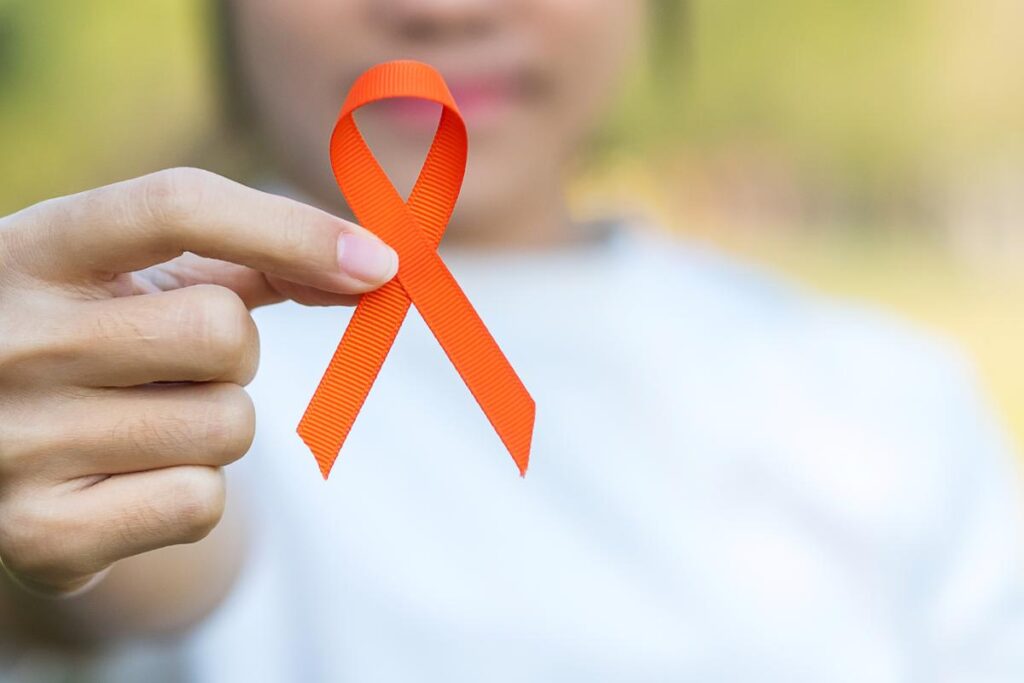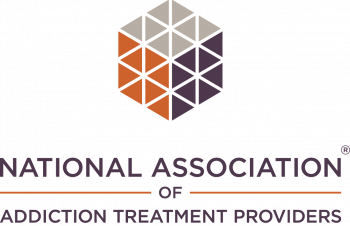March is Self-Harm Awareness Month. Self-harm can come in many forms and involves physical, psychological, and emotional elements. Any form of deliberate or purposeful injury that a person causes themselves is considered self-harm or self-injury. If you or someone you care about is engaging in self-harm, they could benefit from self-harm treatment and mental health treatment programs.
Reach out to the professionals at TruHealing Gaithersburg to learn more about an individual therapy program in Maryland by filling out our online contact form or calling (833) 625-0398 today. Our trained representatives can provide you with details about TruHealing Gaithersburg’s personalized programs and services designed to meet the individual needs of our clients.
Self-Harm Awareness Month
The purpose of Self-Harm Awareness Month is designed to help people better understand the dangers of self-harming. There are many reasons why a person may turn to self-harm. It’s essential to keep in mind that acts of self-harm in and of themselves are not a form of mental illness but imply that an individual is in need of healthier coping skills.
Many mental health disorders are commonly associated with individuals who self-harm.
These disorders include:
- Borderline personality disorder (BPD)
- Depression
- Eating disorders
- Anxiety disorders
- Post-traumatic stress disorder (PTSD)
When a person engages in self-harm, such as cutting, the body responds by producing endorphins which is a pain-killing hormone. This can temporarily provide a change in mood and a sense of relief. If a person has a sense of not being able to feel, they may also be inclined to cause themself pain as a way of “feeling something,” even if that something is negative. In some instances, people who self-harm report that causing pain provides a grounding effect as the physical pain feels manageable, whereas the psychological pain is abstract and difficult to pin down.
Breaking the cycle of self-harm as early as possible is always best. Aside from the immediate risks of injury, a person who continues this habit into adulthood is likely to develop more mental health issues as a result of the negative self-image they have about themselves for engaging in a behavior that they themselves consider problematic and a source of embarrassment.
Who Is at Risk for Self-Harm?
Those at the most significant risk for self-harm are individuals who have experienced abuse, trauma, and neglect. People who grow up in unstable environments as a child may lack healthy coping strategies for managing negative thoughts and emotions.
Individuals who have an alcohol use disorder (AUD) or substance abuse problems are more likely to engage in self-harm. This is, in part, because substances can lower a person’s self-control allowing pervasive negative thoughts to impair their judgment. Under more typical circumstances, they may be in a better psychological state to use their willpower and presence of mind to overcome the temptation to self-harm.
The urge to self-harm is often associated with overwhelming anger, frustration, or pain. If someone does not have a positive outlet for these emotions, they may turn them inward and use self-harm as a form of punishment. This could be, in part, because as a child, they were not allowed to speak their mind and learned that hiding their emotions felt like a survival tactic. Repeated instances of having fight or flight responses engaged in childhood are correlated with negative self-esteem, self-worth, and other mental health issues as a person get older.
Celebrate Self-Harm Awareness Month at TruHealing Gaithersburg
At TruHealing Gaithersburg, we know self-harm can be a source of shame, guilt, and embarrassment. That’s why our team believes in the importance of Self-Harm Awareness Month.
If you are engaged in self-harm, you do not need to keep suffering in silence. Reach out to the experts at TruHealing Gaithersburg today at (833) 625-0398 to speak with a trained representative or reach out to us online for more information about personalized options for self-harm treatment that can help you develop positive and healthy coping mechanisms.









